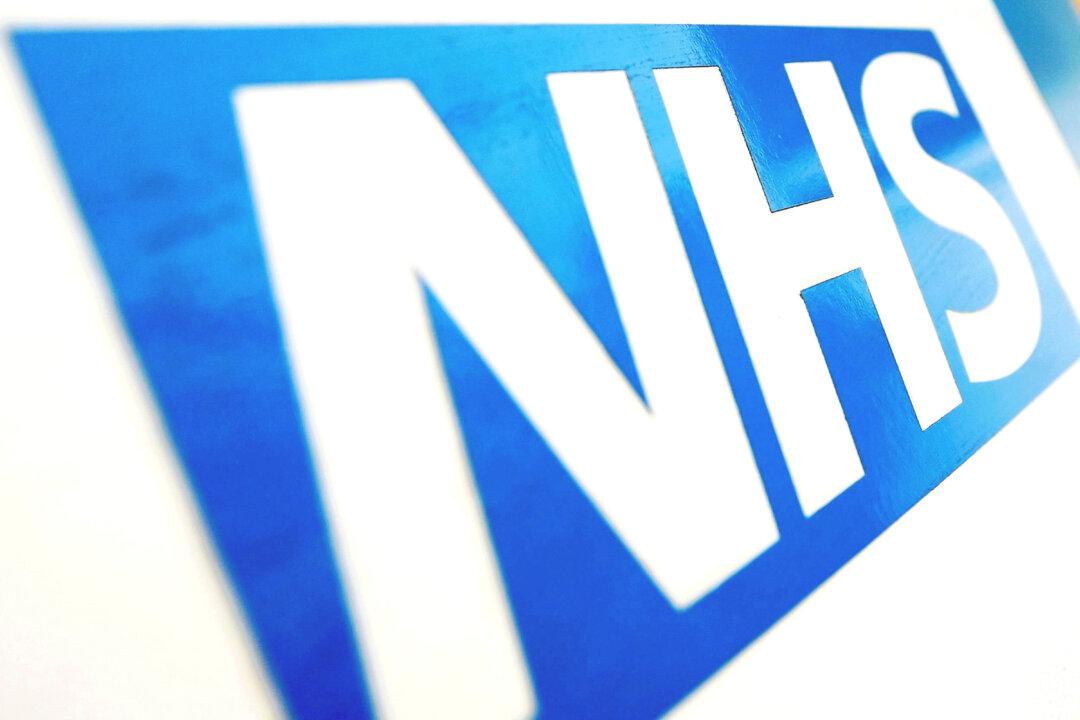Hundreds of thousands fewer referrals for suspected cancer were made by GPs in England during the course of the pandemic, according to a new analysis.
This has led to tens of thousands fewer people than expected being diagnosed with cancer, the National Audit Office (NAO) said.




